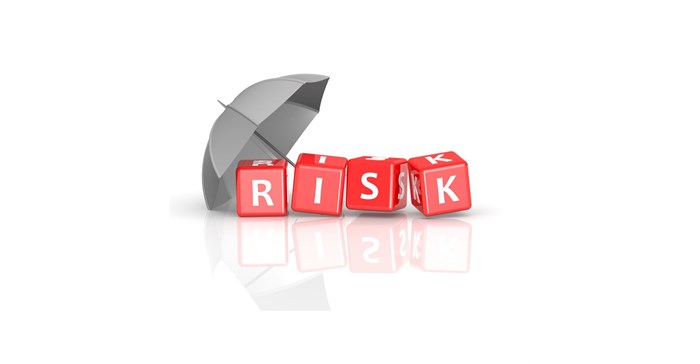Liability insurance covers a business against a range of liabilities such as commercial crime, professional indemnity and liability to a third party for injury or property damage.
It includes liability for products manufactured, supplied or distributed, as well as for pollution damage and defective workmanship. Some actual examples are:
- a service station putting petrol in a diesel tank;
- customers tripping and falling off ramps and stairs; and
- bleach being mistaken for vinegar and put in a dispensing bottle, and a customer then consuming it.
It is almost impossible to predict who or what might be injured or damaged during the course of running your business. However, claims can be so large that they can financially cripple or even close your business down.
Low insurance limits
It is risky to settle for low insurance limits merely to save on your insurance premium. Usually, insurers use a scale for higher limits (i.e. the first R1m will be more expensive than the next R1m). This means that you can often purchase very high limits of indemnity for a reasonable premium.
You might not have a liability claim for years, but when something goes wrong it can go very wrong. A limit of only R1m can easily be used up just for legal defense costs. Bear in mind that your limit of indemnity must be enough for the actual damages, as well as the legal defense costs.
You are the expert on your business, particularly if your business is a complex one that the average person might not understand. Your role is to explain your processes and potential risks to your adviser. Your adviser will then give you advice on what can or can't be insured under a liability policy.
Remember that not all liabilities are insurable. Insurers view certain aspects of your business as 'trade' or 'entrepreneurial' risk, which is usually not insurable. Once your adviser has provided you with your policy schedule, make sure that your business is adequately described in the schedule.
Over-disclose information
For example, if you are a plumber and you also undertake basic electrical work, do not accept a schedule that merely states 'plumber'. Rather over-disclose information than under-disclose. Liability claims are complex. You want yours to be dealt with in a professional way, where the insurer helps you with your defense against the third party - not where you are involved in arguments about non-disclosure, and your claim gets repudiated.
Some companies (and their advisers) have still not recognised their increased responsibilities and exposures due to the Consumer Protection Act. As a result, many purchase little or no product liability insurance. Even if you are only in the supply chain as an agent or distributor, you could still find yourself facing a lawsuit.
In addition, companies often don't realise that general liability policies usually exclude cover for their professional risks. If they have not been adequately advised by their adviser, or did not disclose the risk, they may find themselves with no cover when they really need it.
Never admit liability
If a claim arises, never admit liability before you've spoken to your adviser, as this will waive the insurer's ability to act on your behalf. Always advise your intermediary of any possible injury or damage that may lead to a potential legal claim against you, even if the third party appears to be unharmed.
There are countless instances where the third party brings a case more than a year after the event. Your insurer needs to be kept informed; they will decide if the matter is relevant and if an investigation is required.






























